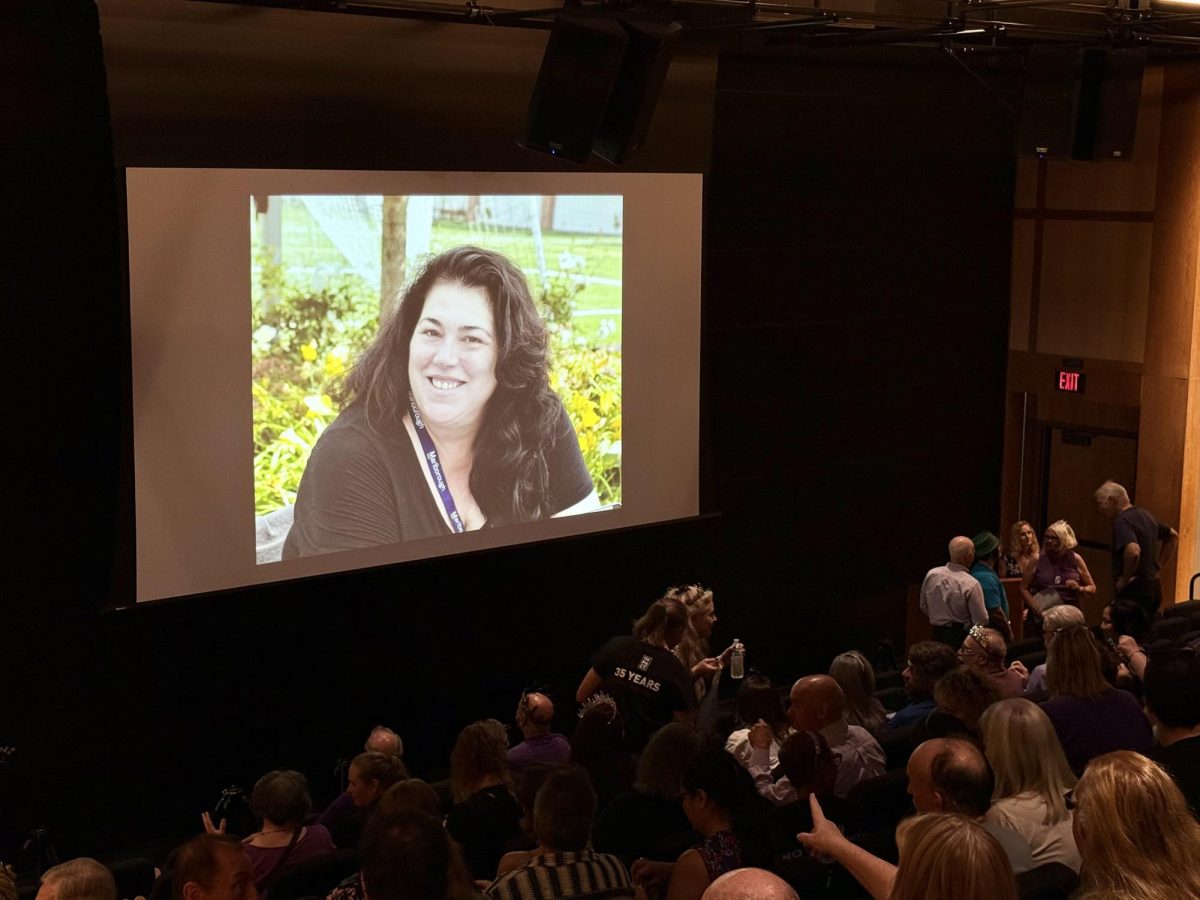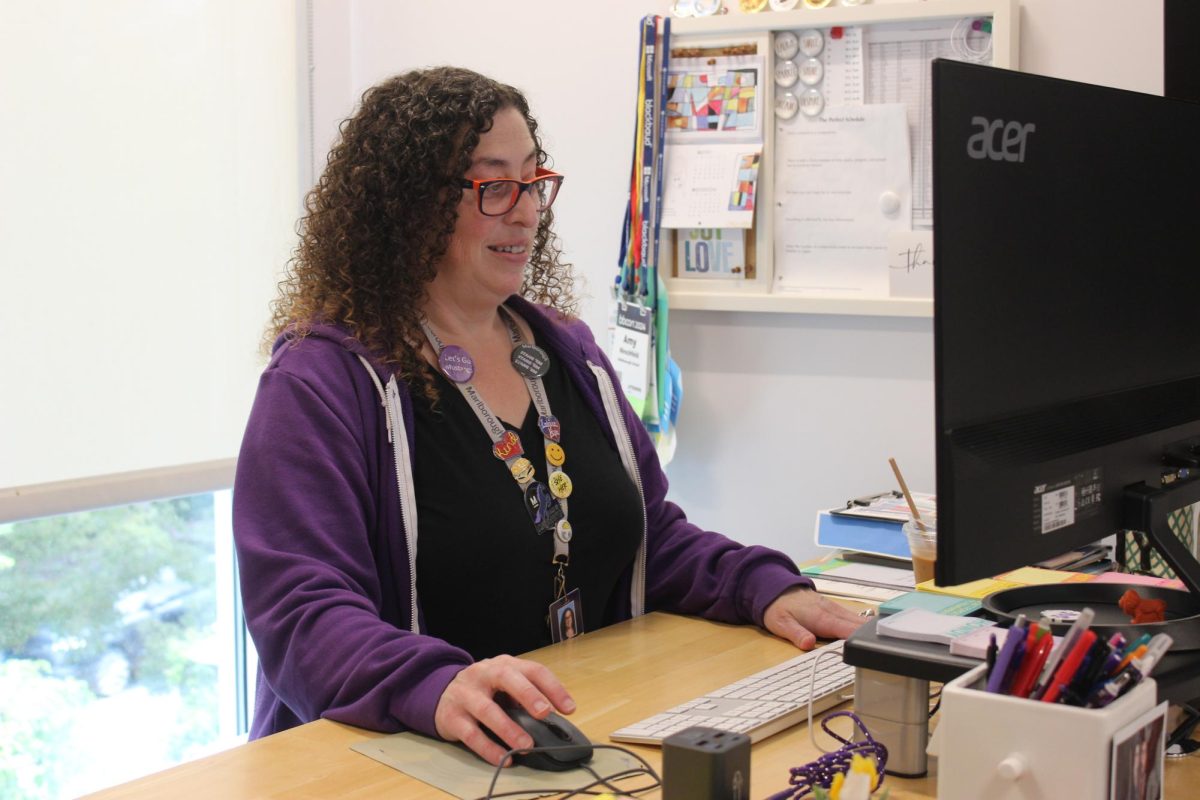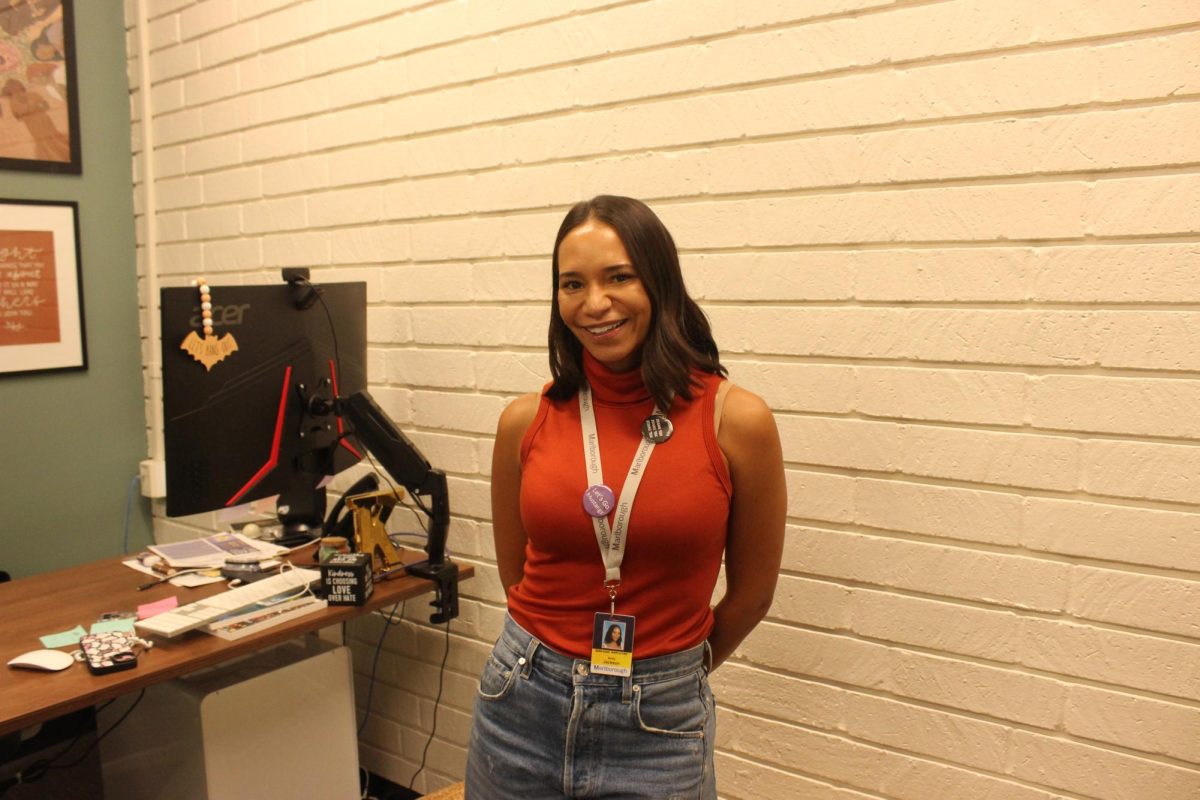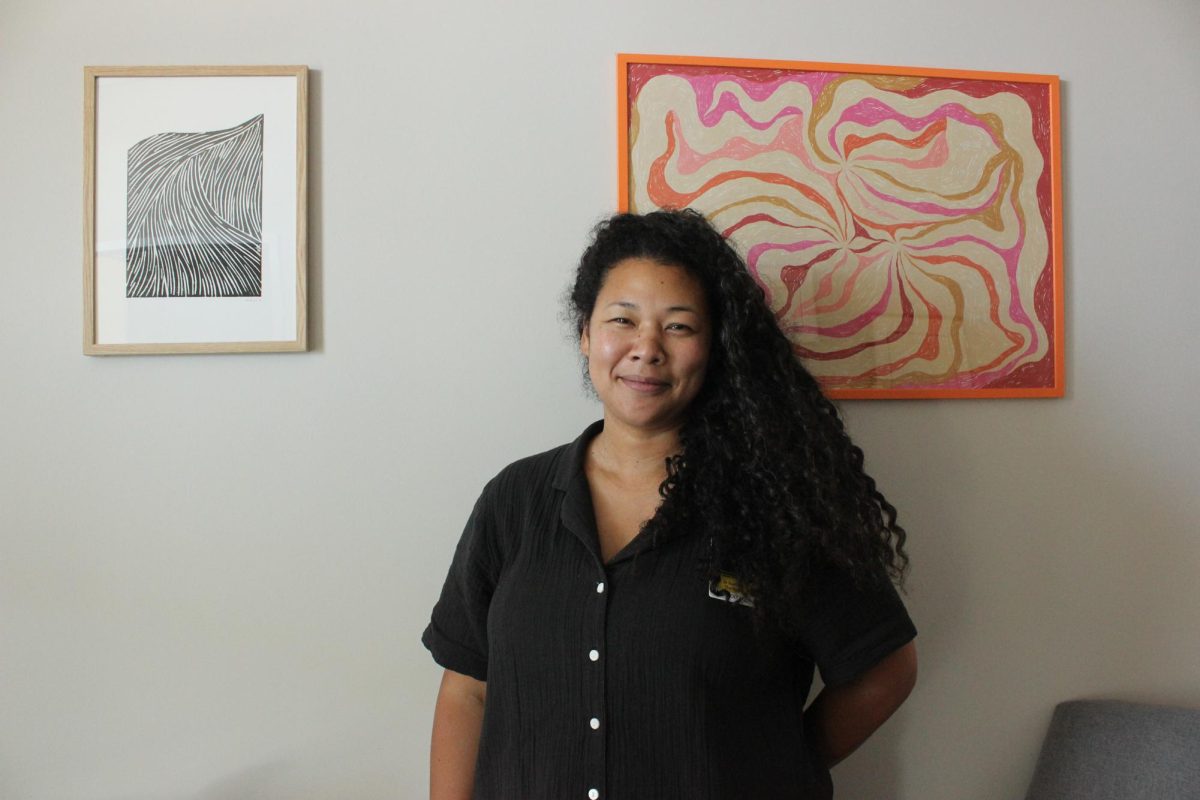
Marlborough delegates attended the fifth annual Pollyanna conference hosted by Harvard Westlake, where they gathered with delegates from other independent schools across Los Angeles to discuss diversity, equity, and inclusion in their schools.
This year, the theme of the conference, which took place on Saturday, Oct. 23, was “Reimagining Resiliency with Resolve.” At the conference, ten Marlborough attendees listened to keynote speaker Lyla June discuss the challenges faced by Indigenous communities. Attendees were then divided into groups, with other attendees that shared a common role in their individual school communities (i.e. teachers, administrators, etc.). Afterwards, Marlborough participants gathered as a school community to discuss next steps for the School.
The morning began with a spoken word and performance piece from keynote speaker Lyla June. She spoke about indigenous practices and how schools can advocate for indigenous communities. June discussed how to support language immersion schools for Indigenous students whose languages have been lost.
“She [June] was so inspirational and I was glad to be there,” attendee Jiahn ‘25 said.
Director of Educational and Counseling Services Marisa Crandall, who attended the conference, described an interesting fact that she learned about June’s culture.
“In her [June’s] culture when someone dies all of their property goes to the youngest daughter in the family because that’s the person that is going to be around the longest, and that’s the person who should shepherd anything into the future,” Crandall said. “That has really stayed with me.”
After hearing from June, the conference attendees split up into constituent groups, including administrators, faculty, students, head of school, and trustees, to name a few. Crandall was a member of the administrators group, and said that her group’s conversation was focused on the events of the past few years.
“I feel like a lot of what we talked about was related to quarantine and aspects and effects of quarantine and Covid on equity in schools and access in schools,” Crandall said.
On the other hand, Director of Equity and Inclusion Jenn Wells, a member of the diversity coordinators group, said that her cohort discussed resiliency in their schools and sustaining the work that happened after George Floyd’s murder. She also appreciated the community building aspect of the conference.
“For me, what I learned most from this conference was really building connections and sharing similar struggles,” Wells said. “I think that, with independent schools, knowing the history of our schools, we kind of work on similar DEI-related matters.”
Delegates had an overall positive and enriching experience at the conference.
“I feel as though because it was an environment where students really got to tell their administration about their experiences rather than administration teaching students, it made students feel really listened to by their institutions,” Josephine ‘22 said. “It’s important that student feedback goes directly to the people who have the power to actually make curricular and societal change at a school, students can only do so much.”










